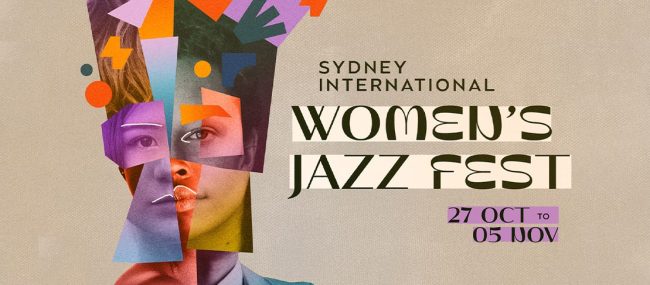David Garrioch on Tim Flannery’s new book “Europe: A Natural History”
This week Ruth Hessey on Monday Drive reviews Tim Flannery’s new book with professor David Garrioch from Monash University. Tim Flannery is a paleontologist, explorer and conservationist. He is a leading writer on climate change and the 2007 Australian of the Year. His books include the award-winning international bestseller The Weather Makers, The Future Eaters, Here on Earth, Atmosphere of Hope and now Europe: A Natural History.
It is hard to overstate just how unusual Europe was towards the end of the age of the dinosaurs. It was a dynamic island arc whose individual landmasses were made up of diverse geological types, including ancient continental fragments, raised segments of oceanic crust, and land newly minted by volcanic activity. Yet even at this early stage Europe was exerting a disproportionate influence on the world.
 About 100 million years ago, the interaction of three continents – Asia, North America and Africa – formed the tropical island archipelago that would become the Europe of today, a place of exceptional diversity, rapid change and high energy.
About 100 million years ago, the interaction of three continents – Asia, North America and Africa – formed the tropical island archipelago that would become the Europe of today, a place of exceptional diversity, rapid change and high energy.
Europe- A Natural History is full of surprises. Over the millennia Europe has received countless immigrant species and transformed them. It is where the first coral reefs formed. It was once home to some of the world’s largest elephants. And it played a vital role in the evolution of our own species.
When the first modern humans arrived in Europe 40,000 years ago, they began to exert an astonishing influence on the continent’s flora and fauna, and now, Europeans lead the way in wildlife restoration – there are more wolves in Europe today than in the USA. This enthralling ecological history is more than the story of Europe and the Europeans, it will change our understanding of life itself.

